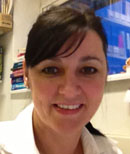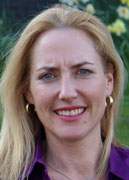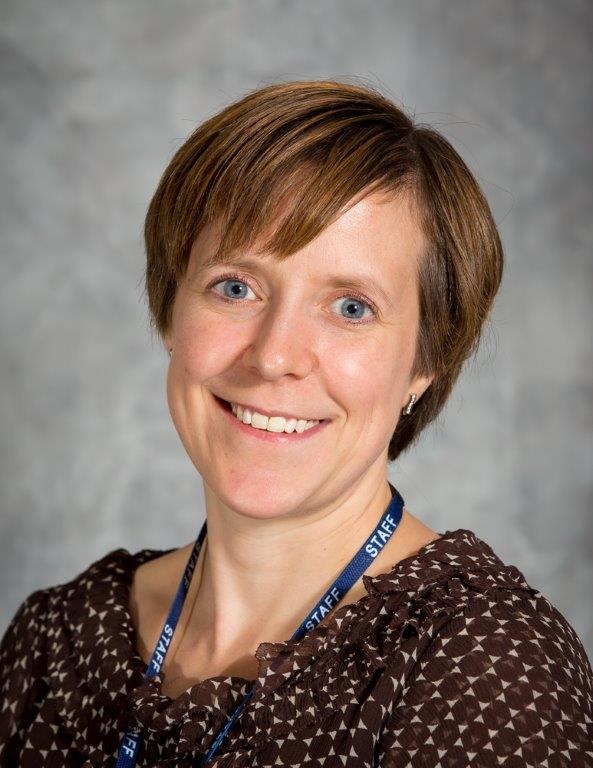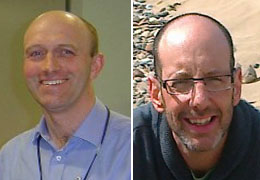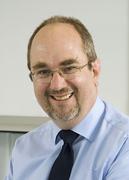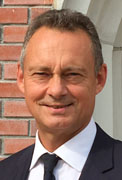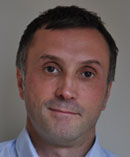 What route has your career taken to get you where you are today?
What route has your career taken to get you where you are today?
I graduated with a first class Honours degree in Psychology from University of Glasgow in 1989. I stayed on at Glasgow until 1994 as a research assistant working for the Human Communication Research Centre (Glasgow, Durham and Edinburgh partnership). During this time I also completed a part-time PhD on the development of children’s visual and verbal conversational skills. I then secured my first lectureship at University of Stirling and worked as an academic (as lecturer, senior lecturer then professor of Psychology) there until 2009. I made the move south of the border to Newcastle in 2010 and was Associate Dean for Research at Northumbria, looking after research in Life Sciences and then in Art, Design and Social Sciences. I moved back into my discipline in 2015 when I was appointed as Head of School of Psychology at Newcastle University.
What do you find most challenging about working in HE learning and teaching?
This is a tricky question. Most challenges are at the same time opportunities for change and for making things better. One thing to highlight is how important it is for all academics to have the chance to shine with their strengths. For example recognising and rewarding excellence in those who focus primarily on learning and teaching in equivalent ways as those who focus on research. It is very difficult for any one individual to truly excel in, and at the same time drive forward, all the areas of activity academics are now expected to excel in.
What’s the best thing you’ve been involved in since you started working with Newcastle University?
Too many things to mention! In my school we have a lot of very exciting projects we are pushing on student recruitment, student support and employability a well as fantastic new programmes and opportunities for students. The best thing that runs as a golden thread throughout all of this is the effort, enthusiasm and dedication of our academic and administrative staff as well as our student reps, ambassadors and helpers. Sounds corny, but we really do feel like a team.
What’s the wisest piece of advice you’ve received from a mentor or colleague?
When I was a junior lecturer, in response to my question as to what I was to teach the following semester, my head of department said, “Do whatever you want to do”. I took this to mean: take your own direction, when you are interested and motivated you will be determined, will make things happen and inspire those around you. It worked!
What’s your top educational research interest?
Over the last 28 years I have researched the visuo-spatial processing links between visual social cues (such as eye gaze and hand gestures) and visual non-social information (as in mental imaging); how children adapt to different communication media (e.g. face-to-face versus live video links); and children’s patterns of gaze as indicators of internal cognitive states like thinking and concentration. My most recent work has investigated gaze aversion as cognitive load management in people with neurodevelopmental disorders, including autism and Williams syndrome. I have been fortunate to receive over £800,000 in ESRC research grants during my career and have seen my work impact on police, social workers, teachers, education services, primary health care workers, and counsellors. My research has always been a significant driver to my teaching and I currently teach on our Masters in Forensic Psychology and will contribute next year to a new undergraduate module on Sensation and Perception in Atypical Development.
If you could have dinner with 3 famous people from history who would they be?
Charles Darwin: a creative and scientific mind who was inspired by all around him including his own children.
Florence Nightingale: a woman who had to overcome considerable adversity for her place at the table.
Boudicca: a woman willing to fight for what was right.
Prof Gwyneth Doherty-Sneddon, Head of School of Psychology

